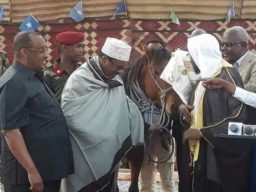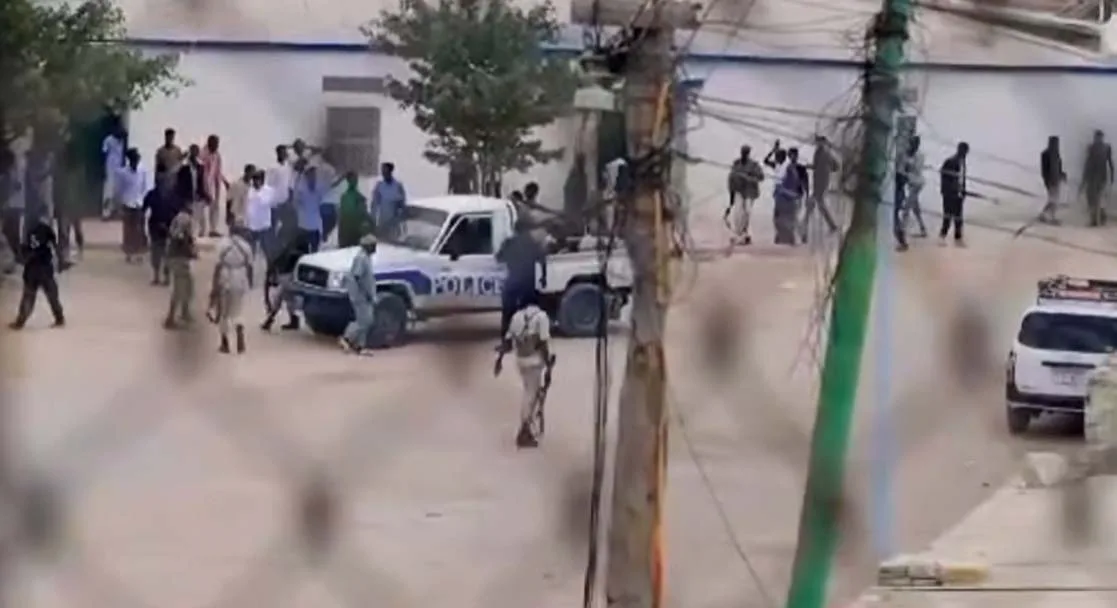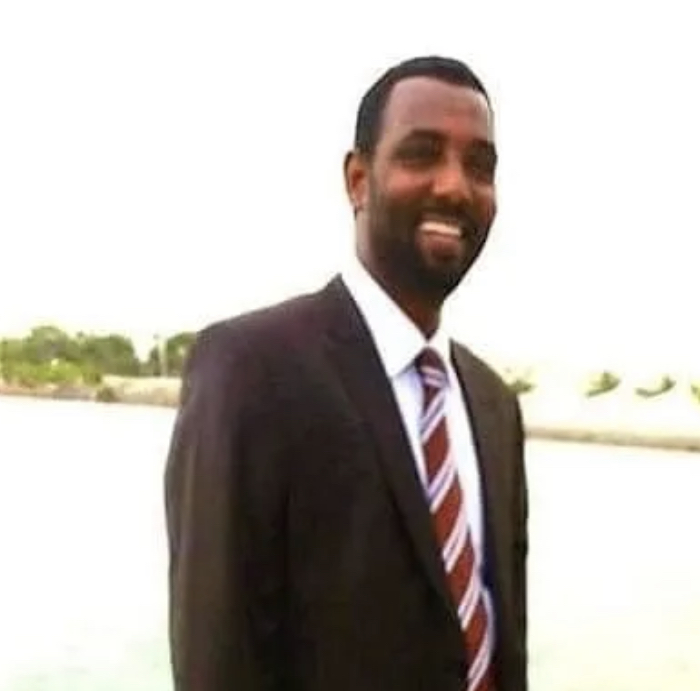This year, Somalia is going into enormously consequential elections that will determine the fate of the country, its geopolitical role and its significance in the Horn of Africa region, Already, the Federal Indirect Electoral Commission (FIEC) has produced the voting timetable: parliamentary elections by Jan. 6, 2021, and presidential elections by Feb. 7, 2021. Given the political atmosphere in the country, however, an electoral and legislative impasse is in the making….
The FIEC has already missed its deadline for holding upper house elections, and there is a real possibility that some Federal Member States (FMS) will abstain from the electoral process. This is a grave concern in Somalia and its efforts of state-building.
At the foundation of this political cul-de-sac is Somalia’s federal system that was adopted in 2012 after a long transition period. Ever since the election of President Mohammed Abdullahi Mohammed in 2017, the federal system of governance seems to have hit a wall, and this is the hallmark of the nature of Somalia’s structure.
Genesis of federalism
One of the definitions of power, according to the Italian theoretician Antonio Gramsci, is the capacity to influence and convince others that your own agenda is beneficial and in tandem to their own interests.
Somalia’s federalism traces its genesis to the political calculations and regional ambitions of the Tigray People’s Liberation Front (TPLF) – which is now a designated terrorist group in Ethiopia. The TPLF, employing its hegemonic powers in the region, along with the presence of Ethiopian peace-keeping soldiers in Somalia and the interests of a section of Somali elites, instituted a federal form of governance in Somalia.
Stakes in 2021 elections
Opposition groups are accusing the current government in Somalia of pursuing nationalist agendas and of undermining the federal arrangement. The central bureaucracy and its allies (the Galmudug, Hirshabelle and Koonfur Galbeed states) allege that the opposition’s presidential candidates and the leaders of Jubaland and Puntland are sabotaging the state-building process, pursuing self-interests and pushing the interests of foreign states in the region and in the Gulf. If the nationalist camp wins this election, federalism in Somalia could end or it may be radically reformed.
If the current government loses power, however, federalism and its political disputes based on clan interests will persist and any new leader has to deal with Galmudug, Hirshabelle and Koonfur Galbeed.




